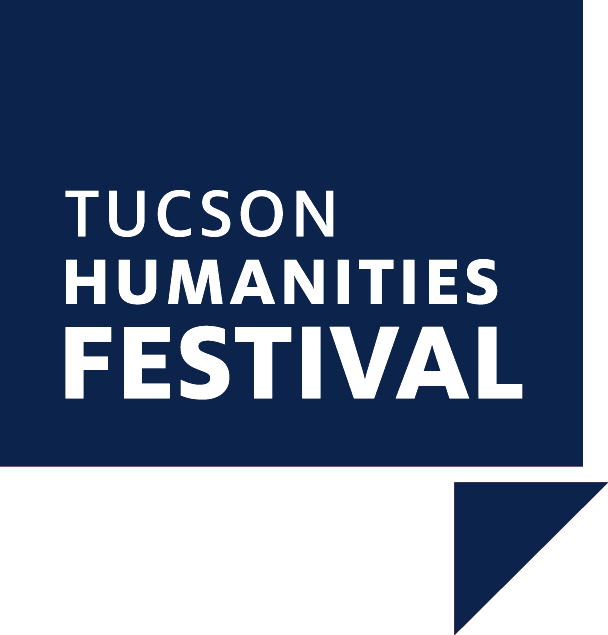2019 Tucson Humanities Festival
Humanity’s achievements bring about widespread changes. We’ve harnessed fire, created languages and built civilizations. We’ve explored our planet and beyond. New technologies rise. New ideas develop. People and culture influence one another. How will society transform again? What’s beyond the horizon? Can the past be a guide for the future? How can the humanities shape tomorrow’s world? What’s Next?
Presented by Dr. Valerio Ferme
University of Cincinnati
Description
Presented by Dr. Elizabeth Otto
University at Buffalo
Description
Presented by Dr. Philip Ewell
Hunter College
Description
Presented by Dr. Michael Puett
Harvard University
Description
Presented by Dana Vandersip
Make-A-Wish Foundation
Description
2017 Tucson Humanities Festival PODCASTS

Presenter: Nadya Tolokonnikova of Pussy Riot
Description

Presenter: Phyllis Taoua, French & Italian
Description

Presenter: Grant Adamson, Cynthia White & Courtney Friesen
Description

Presenter: Malcolm Compitello Spanish & Portuguese
Description

Presenter: Steven D. Martinson, German Studies
Description

Presenters: Dante Lauretta, Planetary Sciences

